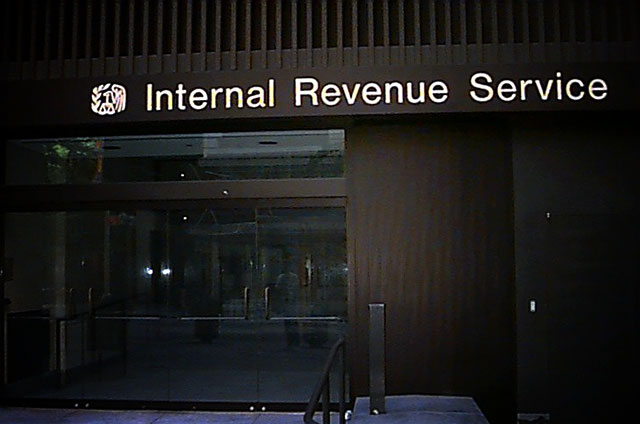
The IRS, earlier this month, announced the start of a program allowing private contractors to collect tax debt. On Monday, another federal agency warned that the move is giving an opening to con artists.
The Federal Trade Commission published a blog post outlining rules governing the privatized tax collection scheme. Commission officials said Americans should be aware of the guidelines, cautioning them against falling prey to scams.
“Anyone who says they’re collecting for the IRS and asks you to make a payment over the phone is a scammer,” said Colleen Tressler, an FTC consumer education specialist.
There are some strict guidelines governing the program, which was mandated by Congress in late 2015: Agencies can only pursue debts that are more than two years old; the IRS is only working with four private debt collectors (CBE, ConServe, Performant, and Pioneer); the collection process will start with a letter from the IRS itself, and robocalls have not been authorized by the agency.
But in spite of these rules, advocates are warning that grifters will be emboldened by the new policy.
“This change will most likely increase or sustain the number of attempts made by scammers,” BBB marketplace director Kirstin Davis said.
More worryingly, the four authorized contractors themselves could end up ripping off tax debtors in a perfectly legal manner.
One consumer advocate told NBC News that most of those in long-term arrears are below the poverty line and, therefore, eligible for tax debt abatement programs. Collection agencies lack the incentive to divulge the availability of these programs.
“We’re concerned that some of these vulnerable taxpayers will agree to pay more than they can afford and more than they should be paying given the availability of these programs,” said Chi Chi Wu, staff attorney for the National Consumer Law Center.
Suzanne Martindale, a lawyer for Consumer Union, also told NBC News that there is an incentive for agencies “to be very aggressive.”
The four licensed contractors have already been the subject of numerous grievances in the recent past. There are more than 1500 complaints about the four companies combined, in the Consumer Financial Protection Bureau’s public complaint database (CBE has 833 entries; Conserve has 275; Performant, 420; Pioneer, 18).
The IRS was ordered by Congress to employ private tax collection in December 2015. According to the agency, “a few hundred taxpayers” were being chased down by collection agencies earlier this month. That is expected to grow to “thousands” later this spring and summer.
Media that fights fascism
Truthout is funded almost entirely by readers — that’s why we can speak truth to power and cut against the mainstream narrative. But independent journalists at Truthout face mounting political repression under Trump.
We rely on your support to survive McCarthyist censorship. Please make a tax-deductible one-time or monthly donation.